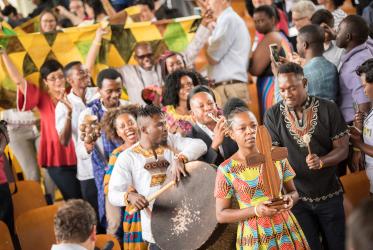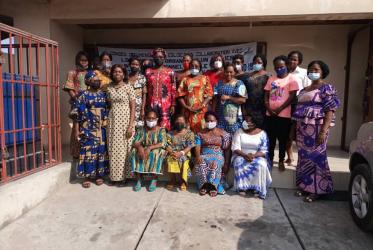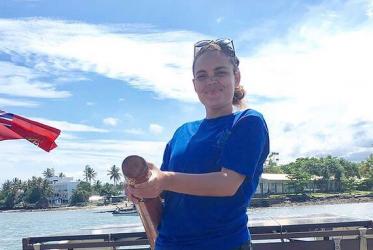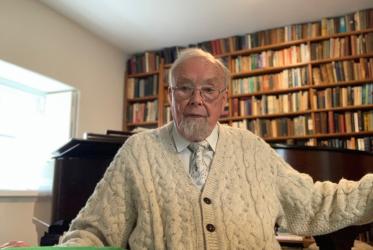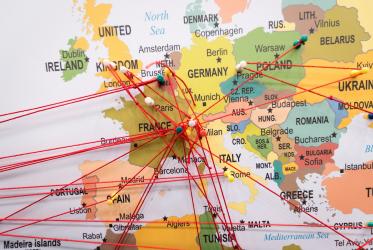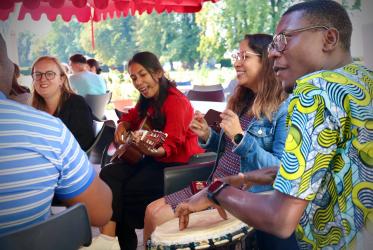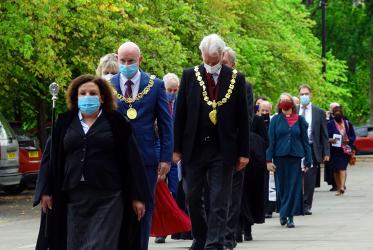Displaying 821 - 840 of 1324
EWN members stand in solidarity with water and land defenders
21 September 2021
Youth “meet and greet” yields ideas to tackle digital injustice
20 September 2021
Churches offer some relief in Kenya’s drought disaster
16 September 2021
New academic year underway at Ecumenical Institute in Bossey
13 September 2021
In Pacific islands, inequity casts deep shadow on digital space
10 September 2021
